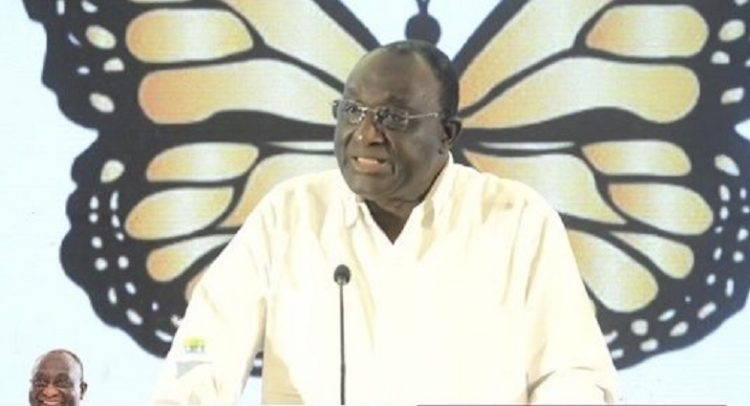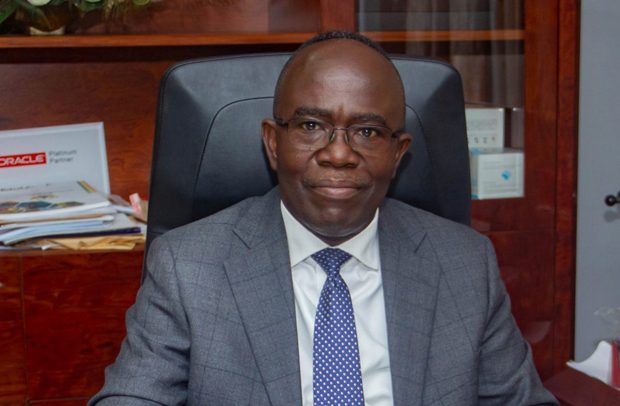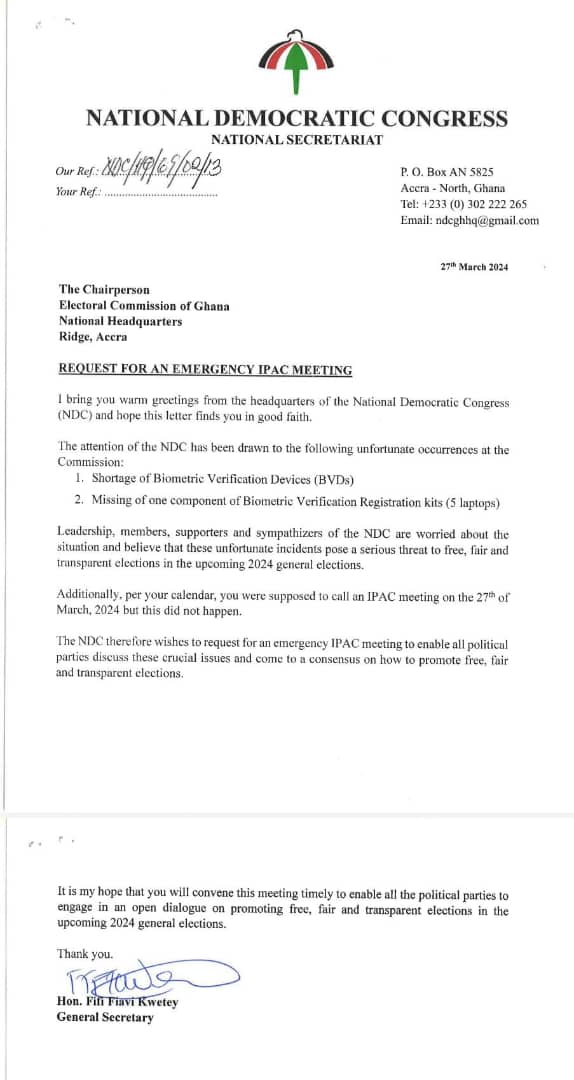
Mr Isaac Osei, Managing Director (MD) of the Tema Oil Refinery (TOR), has disclosed that the previous government's failure to shut down the refinery for major maintenance work has forced his administration to carry out a routine maintenance operation.
According to him, since the National Democratic Congress (NDC) took over the helm of governance in 2009, the administration failed to shut down the plant to carry out routine maintenance.
Albeit, TOR is operational at other facets, including the loading gantry, tanker farm and mooring points. Mr. Osei revealed that presently the refinery does not have the capacity to process crude into finished products.
"The shutdown mode at the refinery has caused it to lose $16 million with the installation of a new boiler costing $24 million.
"The cost of the new development forms part of a contract signed by the previous administration, but the New Patriotic Party (NPP) government, being a respecter of contracts, will adhere to the tenets of the agreement," he noted.
Isaac Osei disclosed this to newsmen who called on him, after he had assumed office as the successor of Kwame Awuah Darko, whose assumption as the MD of TOR, two years ago, saw the refinery bouncing back into full operation.
In April 2016, TOR resumed full-scale operations, after it had signed an agreement with the Bulk Oil Storage and Transportation (BOST) Limited for the supply of crude oil for refining.
TOR shut down its operation in 2015, following a major blunder in the regenerative unit situated in the Residue Fluid Catalytic Cracking Plant.
Before the shutdown, the refinery supplied about 30 percent of petroleum products on the Ghanaian market.
Then it refined about 45,000 barrels of crude oil daily, a deficit of about 200,000 barrels of national demand, Samuel Boateng, Chairman of the Junior Workers' Union of TOR, told newsmen sometime in 2016.
He told newsmen that the necessary mechanism had been put in place to prevent a total shutdown of the refinery in the future.
When he assumed office as MD, Kwame Awuah Darko, through a cooperation between him and the staff of the refinery to forfeit some months of their salary, TOR was able to take delivery of one million barrels of first crude being produced from the TEN project.
That came amidst skepticism from some players in the oil and gas industry over TOR's ability to refine crude from Ghana's Jubilee and TEN fields which are of premium quality.
However, Mr. Awuah Darko defended that refinery was in the position to refine such grade of crude, following major expansion and repair works.
He said: "At the beginning of this year (2016), if anybody had said that TOR would be refining seven million barrels, and would have an extra one million barrels of TEN crude sitting down to wait, nobody would have believed us.
"We have plans to increase production capacity of crude to between 16 and 18 million barrels in 2017, because of the expansion capacity we have.
"This would be realised after the refinery undergoes its turnaround maintenance programme, scheduled for February 2017."
He continued: "As at 2015, the estimate on the refinery's books stood at GH¢1.6 billion," and said that by May 2016, TOR would have taken steps to offset its debts in the next 10 years, after recording $800,000 profit between February and April 2016.
"The introduction of the Energy Debt Recovery Levy would also aid in paying off the debts," the former TOR MD, who was highly praised by the workers for turning the refinery around, explained.
These, Isaac Osei, the new TOR MD observed, could not be true, explaining that the refinery had lost three cycles of shutdowns compulsory, which had resulted in a breakdown of some of its plants, including the crude distillation and Residue Fluid Catalytic Cracking Plant.
"We have discovered more and more damages that have occurred over the years in the facets of the processing plants after opening our vessels.
"After 2009, the refinery should have undergone a shutdown in 2011, 2013 and 2015, but because the previous management of the refinery and government failed to do that, the results are some deficiencies in most of our production plants.
"It is ideal for Ghana's refinery to undergo a routine shutdown to enhance efficiency and quality service delivery," he explained.
Other deficient equipment, he observed after assuming office, was a burnt crude distillation burner, the water treatment and utility plants, and, according to him, Ghana lost huge sums of money due to the three shutdowns the previous administration failed to embark on.
"A refinery must work efficiently for two consecutive years with machines working non-stop. Therefore, any unforeseen shutdowns, like in the case of Ghana, are not healthy for a growing economy."
In view of this, Mr. Osei said the current government and his administration cannot be faulted for the present operational lapses at TOR, though he is keen on seeing the refinery becoming fully operational and processing crude oil by mid-June this year.
Read Full Story






















Facebook
Twitter
Pinterest
Instagram
Google+
YouTube
LinkedIn
RSS